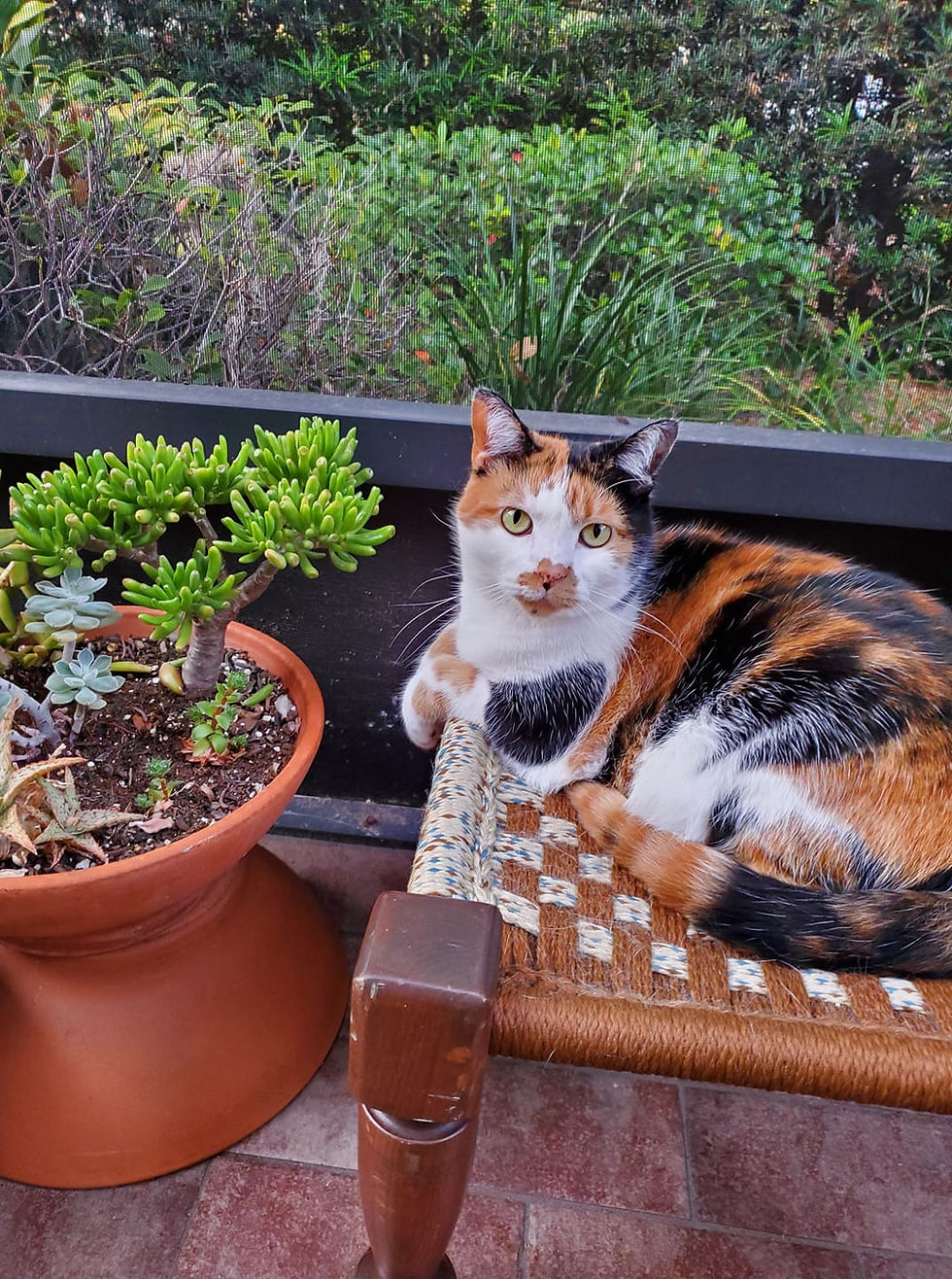Fur Feathers or Scales
- Karen Amaden
- Jun 30, 2021
- 3 min read
Updated: Aug 26, 2022
I was excited to read the study conducted by Joanne Cacciatore, Kara Thieleman, Ruth Fretts and Lori Barnes Jackson. The title was, What is good grief support? Exploring the actors and actions in social support after traumatic grief. You can read the entire study by typing, journal.pone.0252324, into the google search bar.
Let me quote the purpose of the study; “This study seeks to more specifically define good grief support and related actions and actors in this process.”.
The study confirmed the need for strong social support from friends and family. While this support may not speed up recovery, the ability to cope with the death and the ensuing grief is greatly improved. This social support comes in many different forms. Those that were members of the study listed forms of support that they found extremely helpful. Some of the forms included having others reach out to contact them, allowing them to express their grief and accepting the emotional state they were in, communicating in a sensitive and compassionate manner and purposefully remembering the person who died. If you find yourself in the role of a support person, you can ask yourself if you take the initiative to reach out to your friend. Do you allow him or her to express their grief and accept it for what it is? Do you communicate in a sensitive manner? Do you talk about the person who died? You will be serving your friend well if you keep these in mind the next time you have contact with them.
According to the study there were nine key elements (actions) that were important social support experiences.
The nine elements to emotional support are as follows:
#1. Being present
#2. Allowing the expression of grief
#3. Listening
#4. Being available
#5. Devoting time
#6. Being open to grief emotions
#7. Not trying to fix or rush grief
#8. Refraining from unsolicited advice
#9. Timeless support
This list is only part of the Supported Actions of Grief, an info gram created by one of the authors of the study, it shows the importance of the type of emotional support that grieving people crave and find most helpful. This info gram was created to share information that is critical in grief care and support.
Another finding during the study was the fact that many people were greatly comforted by their pets. After reading the list of components, I can see why animals provide support to a grieving person. Animals allow us to just BE in our grief. They don’t try to change us, they are present, they don’t judge or give advice.

I suppose any living creature can be an actor in grief support. A horse can be a great example of emotional support. Support doesn’t need to be limited to furry animals. Feathery birds, scaly reptiles and even rodents can all become a support during grief.
Look at this list again, notice that not one of the nine elements involves the support person talking. Maybe this is why animals are seen as such good support actors. They just listen. The next time you are in a supporting role, remember, listen, then listen some more, then listen again. Then, maybe, just maybe, speak.
After reading this study, my conclusion is that a person living with grief in life often finds the “advice” of others not very helpful. The platitudes they hear are not comforting. The more comfortable we as a society become with the idea that death is a part of the living human experience, the more comfortable we will become with grief. When we become comfortable with grief, we will be better equipped to allow grievers space to grieve. Grief needs to be normalized. Finally, animals/ pets can be great comforters. Maybe we should take notice of the animals and offer to our grieving friends the qualities that the animal exhibits, silent support and unconditional love.





Comments